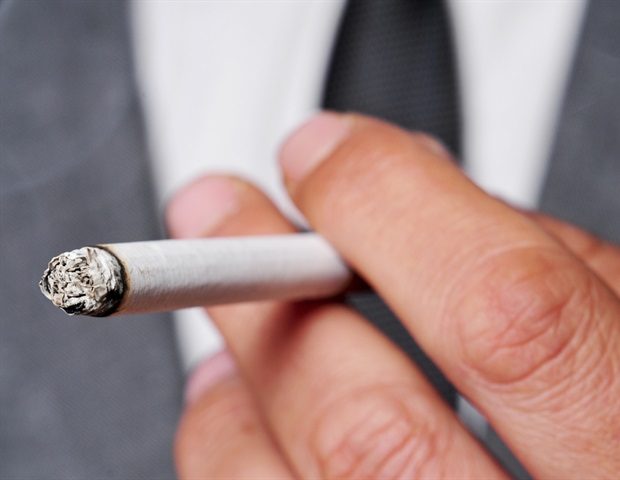What happened to the original Davos Man?

The world as we know it has gone, according to Keir Starmer. The Prime Minister was talking about Trump 2.0, but he might easily have been referring to the fall of Klaus Schwab, founder of the annual World Economic Forum (WEF) in Davos. For more than five decades, Schwab hosted the ultimate networking event for the elite. Clinton, Putin, Merkel, Modi, Xi – all made the trek to Davos. With its happy talk about global governance, new paradigms and stakeholder capitalism, Davos (and its appendage “Davos Man”) epitomised the age of globalisation. Now, Schwab, 87, has resigned following allegations from an anonymous whistleblower over financial and personal misconduct, including the charge that he manipulated WEF’s research in order to win favour with governments (Schwab strongly denies all claims). This latest twist follows an independent, board-led probe into allegations of a toxic culture of discrimination and harassment in the WEF workplace – a delicious irony given WEF’s woke strictures about diversity and inclusive capitalism. That inquiry “did not substantiate” the misconduct claims against him; Schwab now faces another investigation. Schwab invented a new forum, the global conference. He was a brilliant showman. He took the Davos brand worldwide. At his best, he could be a bridge-builder; at his worst, an epic bullshitter. Japan’s answer to Farage News of Schwab’s fall reached me in Tokyo, where one topic dominated every conversation: Trump’s tariff war. The US has form with Japan on trade. In the 1980s, the Reagan and Bush administrations erected barriers against Japanese cars and semiconductors, fearful that Japan would usurp its position as the world’s number-one economic power. Today, Japanese businesses face across-the-board tariffs and unrelenting pressure from the Trump administration to disengage from China. The Liberal Democratic Party (LDP) government led by Shigeru Ishiba has declared a “national crisis”. This buys time to negotiate with Trump, and some protection for an unpopular leader who called a snap election last year and ended up with a minority government, Japan’s first in 30 years. The parallel with Theresa May is irresistible. More ominous is the spread of the populist virus to Japan. Thanks to the LDP’s “big tent” and strict immigration policies, Japan has been largely spared Nigel Farage-like characters. Then came the re-election last November of the young governor of Hyōgo prefecture. Initially forced to resign amid accusations of bullying and corruption, Motohiko Saitō ignored calls not to stand again. Despite the apparent suicide of a whistleblower and much tutting by mainstream media, he rode to victory running a sophisticated social media campaign against an out-of-touch establishment. It’s a familiar playbook in the West, but new to Japan. On the I-House I was visiting Tokyo as a member of the Global Council of the International House of Japan, a think tank and conference centre set up with Rockefeller Foundation funds in 1952. The I-House’s original mission was to teach foreigners about Japanese culture. Its origins date to an encounter in 1929 between John D Rockefeller and Matsumoto Shigeharu, a Yale graduate, internationalist and future journalist. Both were worried about the crumbling international order, American isolationism and the rise of Japanese nationalism. Sound familiar? Now, the I-House has merged with the Asia Pacific Initiative, a think tank set up by Yōichi Funabashi, the biographer of the late prime minister of Japan Shinzo Abe. Together, API/I-House aims to become a leading think tank for the Asia-Pacific region, to rank alongside Chatham House, the International Institute of Strategic Studies and their US counterparts. There’s a gap in the market now American soft power is in retreat. “Reverse brain-drain” On my return to London, I caught up with James Harding’s first edition of the Observer. A good read, overall. Nick Clegg on Europe was a stand-out essay, a reminder that he is one of the best thinkers on the EU and Britain’s fraught history with the continent. In it, Clegg calls for a “full-blown reverse brain-drain” of Europeans from Silicon Valley and “a degree of decoupling from the heavy dependency on US technology in critical areas such as cloud infrastructure”. I wonder whether Clegg mentioned that to Mark Zuckerberg when he was at Meta. Clegg is right about targeting talent in the US. There are many horror stories about the ravages of Elon Musk’s Doge task force. My favourite features an American science professor who discovered his funding pulled for no particular reason. The baffled scientist turned to a colleague for an explanation. “Simple,” said the colleague, “your chosen field is biodiversity.”

















